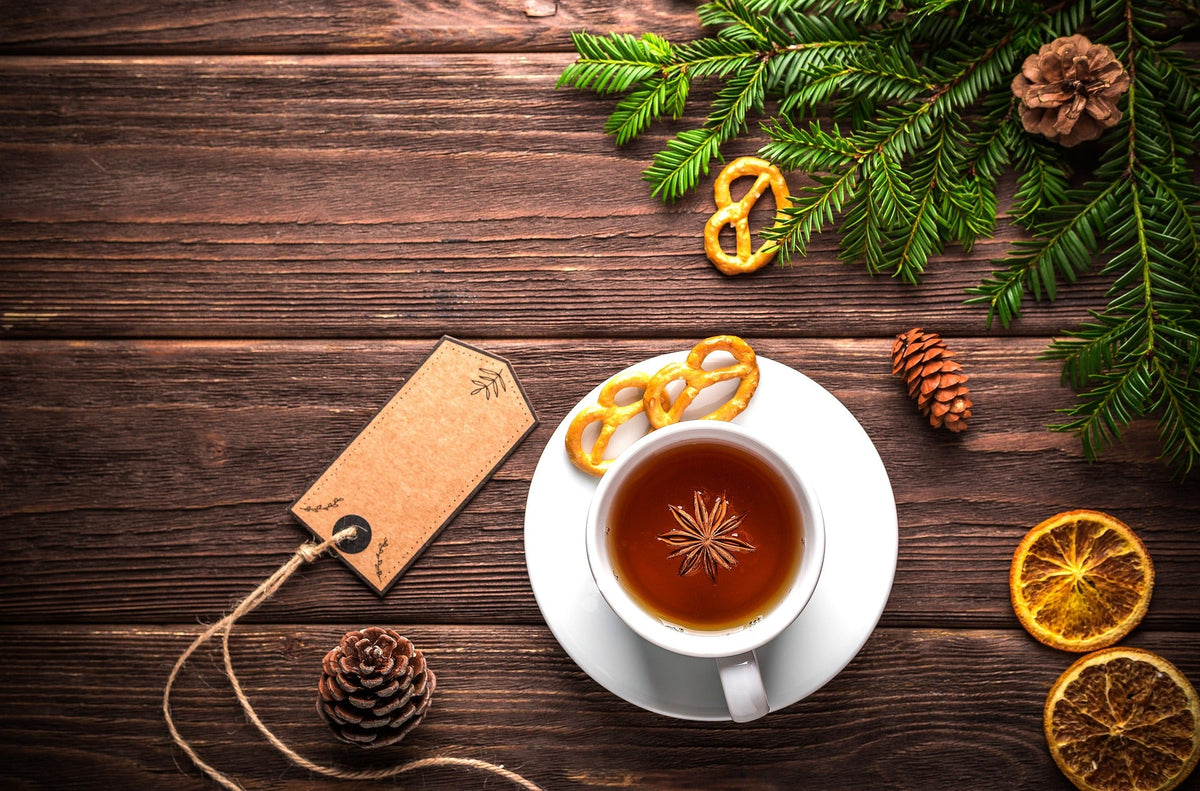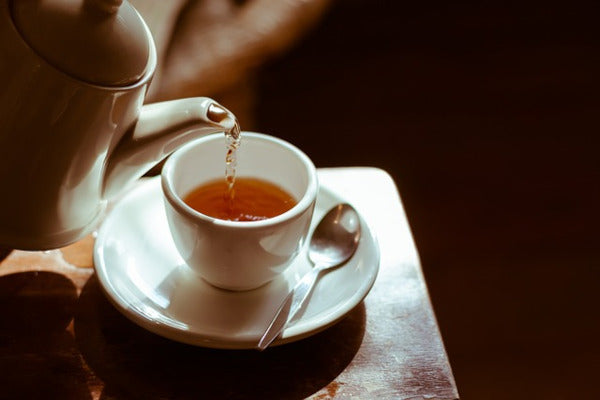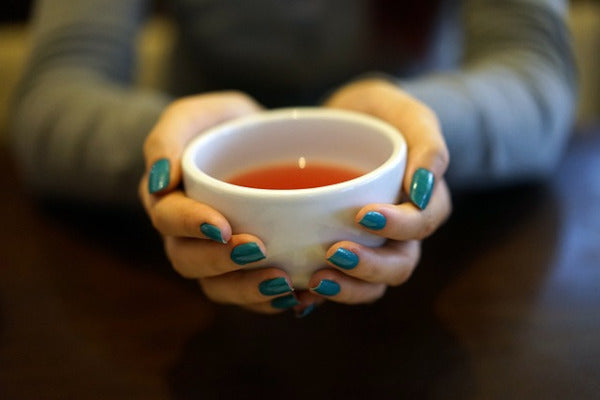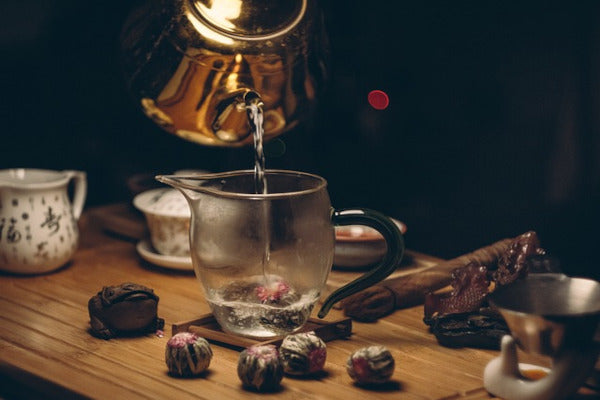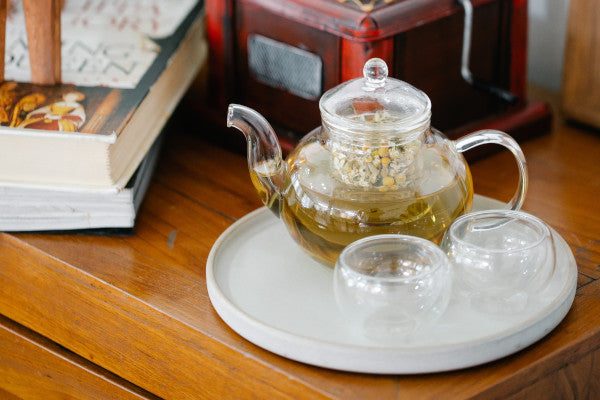Iced tea, healthy or a sugar bomb? The human body requires approximately two liters of fluid a day to function properly, and on hot summer days, even up to three liters. Especially on hot days, iced tea is gaining popularity and increasing its sales and consumption, because it's not only refreshing but also considered healthy.
Most commercial iced teas contain too much sugar. On average, the sugar content per 100 milliliters is 6 to 7.5 grams. These amounts can be checked on the labels. The World Health Organization (WHO) recommends a daily sugar intake of 25 to 30 grams or less.
That means if you drink two or three glasses of iced tea, that would be 200 milliliters. This amount of sugar has therefore been reached and surpassed, reflecting that iced tea has almost as many calories as traditional soft drinks and, if consumed in large quantities daily, poses a real risk of obesity and diabetes.
Furthermore, the combination of sugar and citric acid often found in iced tea is very detrimental to oral health, as the sugar provides food for caries-causing bacteria, while the citric acid attacks tooth enamel.
While this tea isn't very good for your health, at Tétique we have a wide variety of healthy teas and infusions with great properties and benefits for the body, as well as being perfect for offering to customers in the hospitality, cafeteria, and restaurant sectors.
Low amount of fruit
Iced tea packaging often displays large fruits, suggesting to consumers that it's a healthy soft drink rich in natural ingredients. Unfortunately, testing has shown that the fruit content in iced tea is very low, typically no more than 1 percent.
This consumer deception is also reflected in the term "tea," as tea contains caffeine, and manufacturers are not required to declare it on the label. Unlike the caffeine in coffee , the caffeine in tea exerts its effect only after a while, but over a longer period. Therefore, high consumption of iced tea can lead to nervousness, insomnia, or irritability, especially in children and adolescents. It should be noted that the caffeine in iced tea is only found in variations of green tea , black tea, white tea , or blue tea; if it's made from herbal or fruit infusions , there's no problem in that regard. However, consumers should study the product label carefully so they know exactly what's in their iced tea.
Make your own iced tea
To avoid risk and know exactly what you're drinking, it's best to prepare your own iced tea using pre-made blends found in supermarkets and also in our online store, Tétique. We distribute organic teas and infusions specifically for businesses in the hospitality, coffee, and restaurant sectors. Our teas are not only healthy but also environmentally friendly.
We have several fruit infusion blends that are perfect for making your own iced tea . The best part is that you can sweeten your tea, not necessarily with refined sugar, but with honey, for example. This way, you can make your own refreshing drink for hot summer days at a very affordable price.
We also have a variety of black teas that are very healthy and pleasant to the palate. If you own a business in the hospitality industry, a café, or a restaurant, we have loose tea options so you can offer your customers a variety of quality teas with exotic flavors that are also environmentally friendly.


